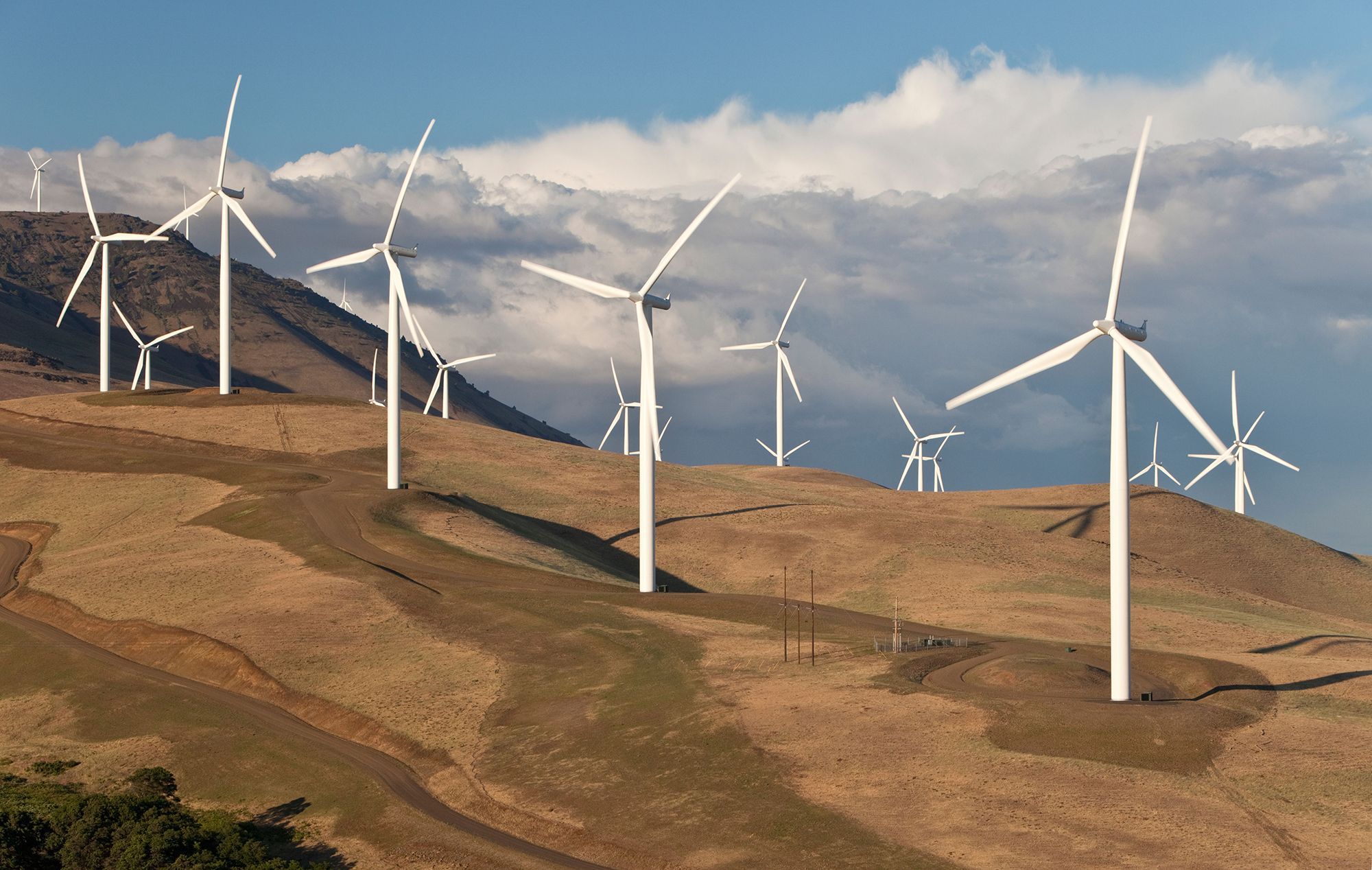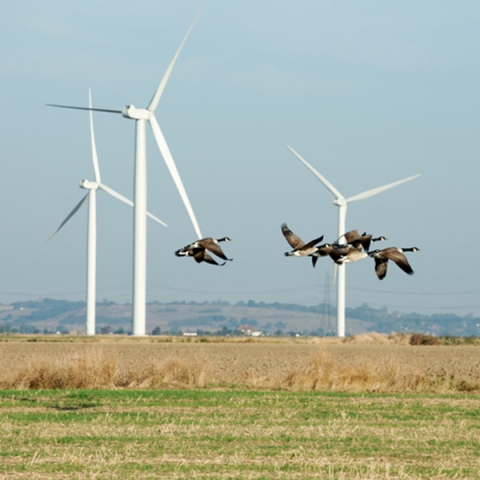It seems that sustainable energy is a hot topic that comes into the election every four years. Global warming has been steadily occurring (whether you believe it’s man-made or not) as we are running out of fossil fuels to power the earth. Despite various opinions, the fact remains that our planet as we know it is slowly suffering. Coral reefs are being destroyed, animals are going extinct, and the weather is getting more severe. The civic fight for sustainability is prevalent to many, but it’s rooted in many technical and ethical issues.
Most Penn State students will notice various wind farms surrounding the interstates around State College. In 2019, Wind power made up 24% of the United States renewable energy consumption. Wind power is a valuable and powerful renewable energy resource for the government. Wind turbines are typically expensive, but they experience economies of scale. The small non-commercial wind turbines have enough power for a single house. Larger turbines costing over a million can power factories. The wind is a great source to harvest because it will never run out since we can’t exhaust it.
It may seem like we solved the issue altogether with the wind. However, things are never as easy as the seam. Wind power has several technical and ethical negative implications that have prevented it from taking a larger role in energy consumption. To start, the wind is expensive. Large commercial turbines can cost millions of dollars. This can be a major pain when wind farms have over 40 windmills on a stretch. The cost is lofty but cheaper alternatives are really what burry this opportunity.
ethical negative implications that have prevented it from taking a larger role in energy consumption. To start, the wind is expensive. Large commercial turbines can cost millions of dollars. This can be a major pain when wind farms have over 40 windmills on a stretch. The cost is lofty but cheaper alternatives are really what burry this opportunity.
In addition, wind power can only be harnessed in reliable wind locations. Most areas don’t get enough strong reliable wind to generate wind power. Therefore, windmills are often clustered into strips along hills or on top of mountains. Some argue that wind power does more damage to the environment than it does good. Wind power is very noisy. Most people can’t bear to live near windmills because of their loud propellors. On the topic of propellors, windmills also pose a major danger to wildlife. Birds and bats following wind currents face the dangers of being killed or seriously injured by these massive pieces of spinning metal.
So, what’s the final verdict on wind power? Political leaders from both parties have argued for and against wind power. Both sides have come to the agreement that wind power is not the most optimal solution, but it helps. The current argument at hand lies in how much wind power we should produce and where. As with most solutions, there is never one answer. Will wind power be in the United States’ future renewable energy solution?
the agreement that wind power is not the most optimal solution, but it helps. The current argument at hand lies in how much wind power we should produce and where. As with most solutions, there is never one answer. Will wind power be in the United States’ future renewable energy solution?
Links:
https://www.energy.gov/eere/wind/advantages-and-challenges-wind-energy
https://www.e-education.psu.edu/ebf301/node/457
https://www.irena.org/-/media/Files/IRENA/Agency/Publication/2012/RE_Technologies_Cost_Analysis-WIND_POWER.pdf
First off, I like how you prefaced this post by separating this discussion from the highly contested aspects of the climate change debate. In doing so, you created a great space where you can discus the advantages and disadvantages of different sustainable energy sources without isolating people based on their belief in the man-made origins of climate change. Wind power is definitely a sustainable energy source which seems to have more cons than pros. However, I saw an alternative to the wind turbine which can be placed in the barriers between lanes on highways to harness the energy from the air current created by the vehicles. That could potentially be a significant improvement on the traditional turbine and wind power as we know it.
You did a really good job on introducing the both parts of the equation. While wind turbines are expensive, they are a better alternative for the environment than fossil fuels. However, most non-renewable energy production methods are expensive. This is the reason that energy comes mainly from fossil fuels like coal mines and oil. Although gradual, companies are moving towards solar energy. This is a bit more cost efficient and has more consistency in average locations than wind turbines. This post was very informative, and I look for forward to reading more on this topic.
I am glad that you stated that climate change was real no matter what anyone thinks. It is quite annoying to hear that people do not believe in it and that all scientists are pushing an agenda. Your blog itself tackles a very important discussion of what will be the future of our energy. I personally believe that wind energy, in all of its flaws, is still amazing compared to fossil fuels. Oftentimes, politicians are quick to put regulations on new forms of energy even though we are using the most detrimental version of them all.